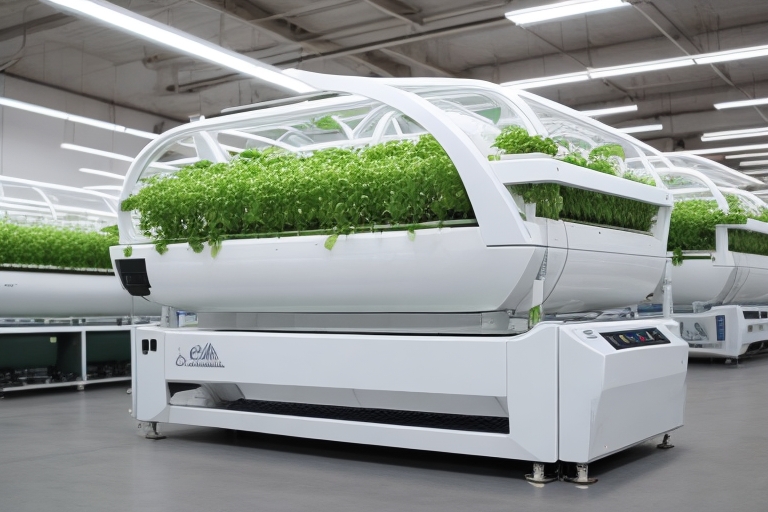Our AI-driven smart farming tools empower farmers with real-time insights into soil conditions, weather patterns, and crop health, transforming traditional agricultural practices into data-driven, precision farming systems. By utilizing machine learning algorithms and IoT-enabled sensors, we provide automated crop monitoring, detecting early signs of disease, pest infestations, and nutrient deficiencies. These insights allow farmers to make informed decisions, apply targeted interventions, and reduce reliance on chemical treatments, leading to healthier crops and improved yield quality. Additionally, our drone-assisted aerial imaging offers a comprehensive view of farmlands, identifying inefficiencies and suggesting optimal planting strategies to maximize productivity.
Our automated irrigation systems integrate smart water management technologies to ensure efficient and sustainable resource utilization. With real-time moisture level detection and AI-powered weather forecasting, our system adjusts water distribution based on crop needs, soil type, and climatic conditions, preventing over-irrigation and water wastage. Farmers can remotely monitor and control their irrigation setups via cloud-based platforms, ensuring precision water delivery even in their absence. These innovations boost food production, reduce costs, and promote eco-friendly farming practices, making agriculture more sustainable and resilient to climate change while enhancing food security for communities worldwide.
Our automated irrigation systems integrate smart water management technologies to ensure efficient and sustainable resource utilization. With real-time moisture level detection and AI-powered weather forecasting, our system adjusts water distribution based on crop needs, soil type, and climatic conditions, preventing over-irrigation and water wastage. Farmers can remotely monitor and control their irrigation setups via cloud-based platforms, ensuring precision water delivery even in their absence. These innovations boost food production, reduce costs, and promote eco-friendly farming practices, making agriculture more sustainable and resilient to climate change while enhancing food security for communities worldwide.

